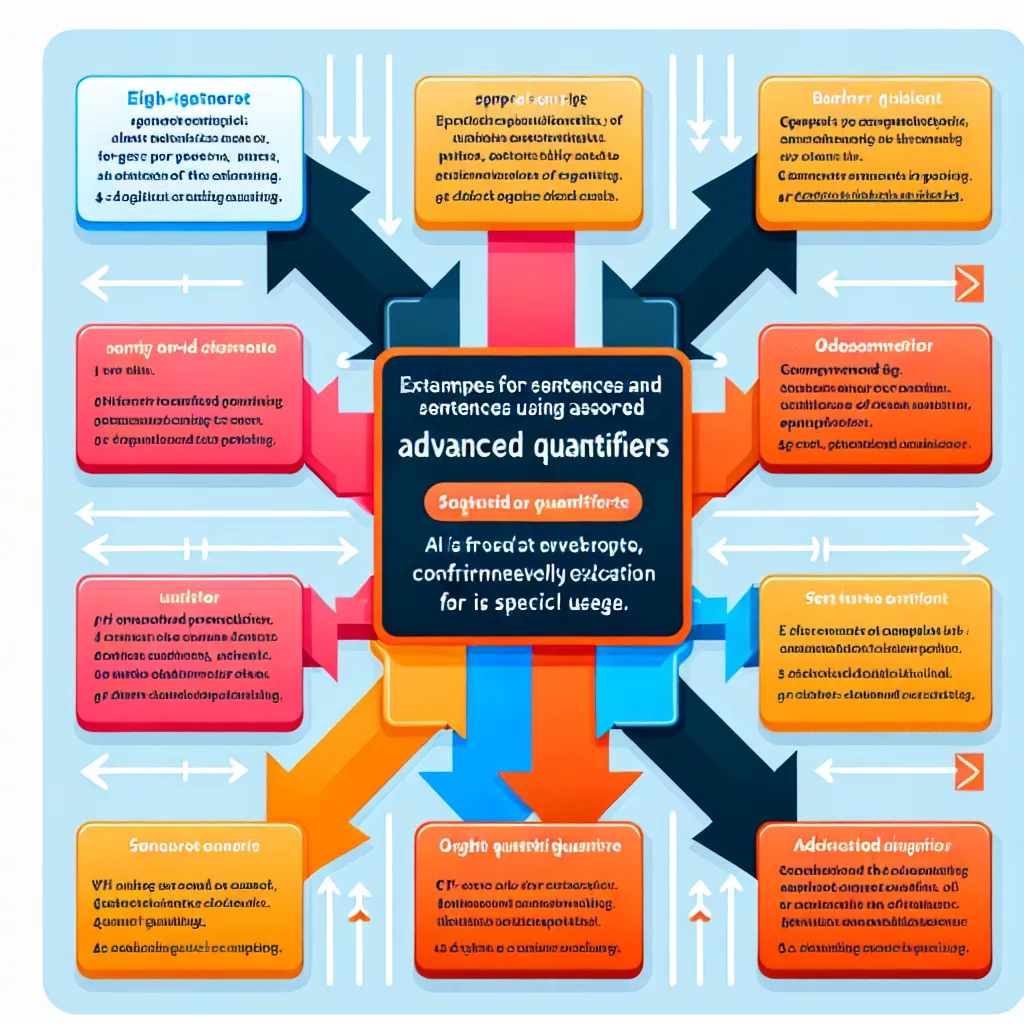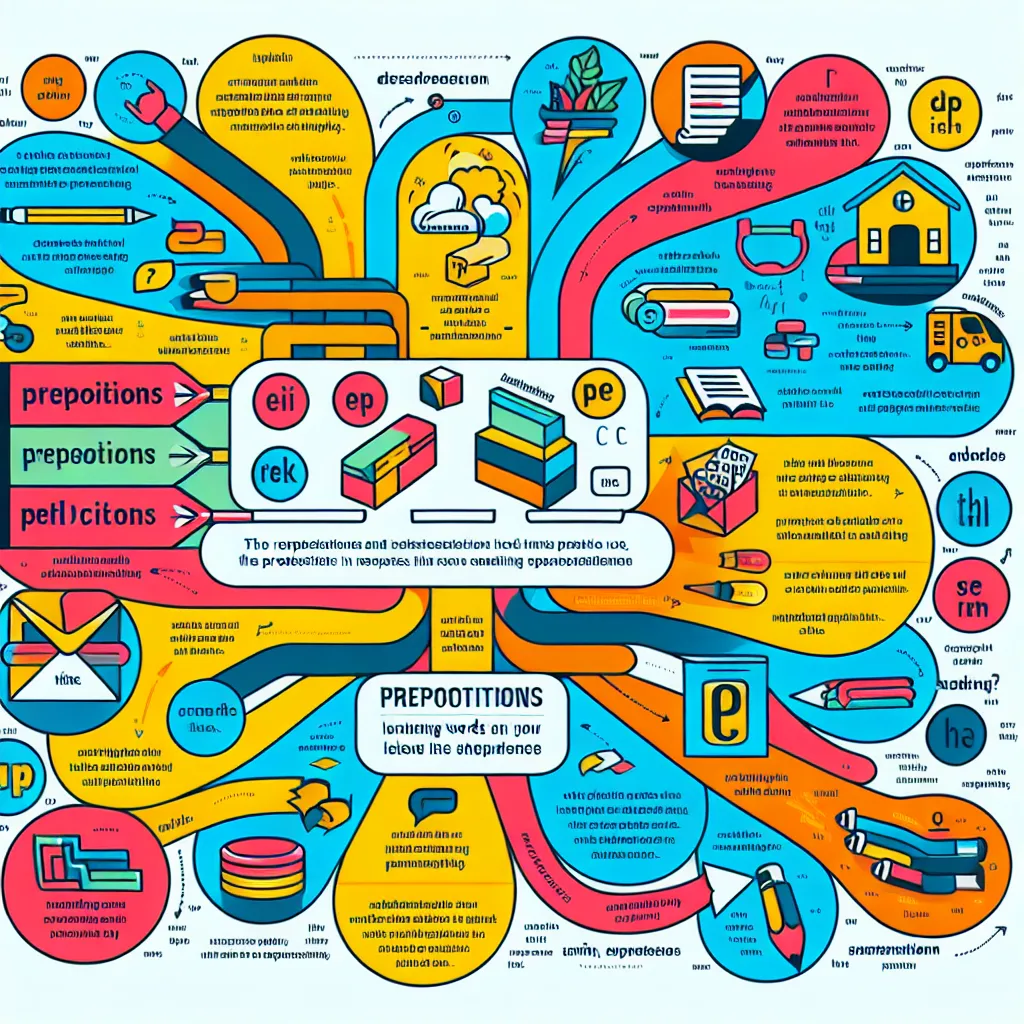Are you looking to enhance your English grammar skills? Understanding and using advanced quantifiers correctly can significantly improve your language proficiency. This guide will walk you through the intricacies of advanced quantifiers, providing you with valuable insights and practical tips to master their usage.
What Are Advanced Quantifiers?
Advanced quantifiers are words or phrases that indicate the quantity or amount of something in a more nuanced way than basic quantifiers like “some” or “many.” They play a crucial role in expressing precise quantities, making your English more sophisticated and accurate.
Why Are Advanced Quantifiers Important?
Mastering advanced quantifiers is essential for several reasons:
- Precision in communication
- Enhanced academic and professional writing
- Improved IELTS and TOEFL scores
- Better understanding of native English speakers
 Importance of Advanced Quantifiers
Importance of Advanced Quantifiers
Types of Advanced Quantifiers
Let’s explore the various types of advanced quantifiers and how to use them effectively:
1. Proportional Quantifiers
These quantifiers express a proportion of a whole:
- Most of
- The majority of
- A large proportion of
- A significant number of
Example: “The majority of students passed the exam with flying colors.”
2. Emphasizing Quantifiers
These quantifiers add emphasis to the quantity:
- Virtually all
- Practically all
- Almost all
- Nearly all
Example: “Virtually all participants agreed with the new policy.”
3. Approximating Quantifiers
These quantifiers express an approximate amount:
- Roughly
- Approximately
- About
- Around
Example: “Approximately 500 people attended the conference.”
4. Partitive Quantifiers
These quantifiers refer to a part of a whole:
- A portion of
- A segment of
- A fraction of
Example: “Only a fraction of the budget was allocated to research.”
How to Use Advanced Quantifiers Correctly
To use advanced quantifiers effectively, follow these guidelines:
-
Consider the context: Choose the appropriate quantifier based on the level of precision required.
-
Match with plural nouns: Most advanced quantifiers are used with plural countable nouns or uncountable nouns.
-
Use ‘of’ when necessary: Some quantifiers require ‘of’ before the noun (e.g., “the majority of students”).
-
Be aware of register: Some quantifiers are more formal than others. Use them accordingly in academic or professional settings.
-
Practice with authentic materials: Read academic journals, news articles, and listen to native speakers to internalize the usage.
 Advanced Quantifiers Usage
Advanced Quantifiers Usage
Common Mistakes to Avoid
When using advanced quantifiers, be cautious of these common errors:
-
Overuse: Don’t use too many advanced quantifiers in a single piece of writing. It can make your text feel forced or unnatural.
-
Incorrect pairing: Avoid using quantifiers with inappropriate nouns (e.g., “a large amount of people” instead of “a large number of people”).
-
Misusing countable and uncountable nouns: Remember that some quantifiers are specific to countable or uncountable nouns.
-
Forgetting agreement: Ensure that the verb agrees with the noun following the quantifier, not the quantifier itself.
Practical Exercises to Improve Your Skills
To enhance your mastery of advanced quantifiers, try these exercises:
-
Gap-fill exercises: Complete sentences with the appropriate quantifier.
-
Rewriting practice: Rewrite sentences using more advanced quantifiers to make them more precise.
-
Translation exercises: Translate sentences from your native language to English, focusing on using advanced quantifiers.
-
Error correction: Identify and correct mistakes in sentences containing advanced quantifiers.
-
Writing tasks: Incorporate advanced quantifiers in your essays or reports, paying attention to their correct usage.
For more practice on determiners and quantifiers, check out our guide on perfecting the use of determiners.
Advanced Quantifiers in Formal Writing
In academic and professional contexts, using advanced quantifiers correctly can significantly enhance the quality of your writing. For tips on how to incorporate these quantifiers in formal writing, read our article on how to use advanced determiners in formal writing.
Conclusion
Mastering advanced quantifiers is a crucial step in elevating your English proficiency. By understanding their types, usage rules, and practicing regularly, you can significantly enhance your ability to express quantities precisely and eloquently. Remember, like any aspect of language learning, improvement comes with consistent practice and exposure to authentic materials. Keep refining your skills, and you’ll soon find yourself using advanced quantifiers with confidence and accuracy.
We encourage you to practice using advanced quantifiers in your daily English usage. Share your experiences or any questions you may have in the comments below. Happy learning!




